
The success of quantum satellite communications is essential for the development of advanced encrypted communications networks and the creation of secure cross-border communications. It also underscores the increasingly deep cooperation between China and Russia in the high-tech sector.
The Chinese quantum satellite Mozi used in the test was launched in 2016 and is operated by the Chinese Academy of Sciences. The test took place at a distance of 3,700 km, between a ground station near Moscow, Russia, and another station in the Xinjiang region, China.
The encrypted information, containing two images protected by a quantum key, was transmitted from a Russian ground station to a Mozi satellite in low Earth orbit, and then transmitted to a station in China.
The latest research in the field of quantum communications is the result of joint cooperation between the two countries. In 2023, Russia and China completed the first full-cycle tests.
Alexey Fedorov, an expert at the Russian National University of Science and Technology and the Russian Quantum Center, said the Mozi satellite plays a central role in developing domestic and international quantum communication networks.
However, this success will face huge barriers in the future. Scaling up the results achieved will be a huge challenge, as it will require the development of an extremely advanced technical infrastructure.
(according to OL)

A completely new high-tech kidnapping and ransom model has emerged.
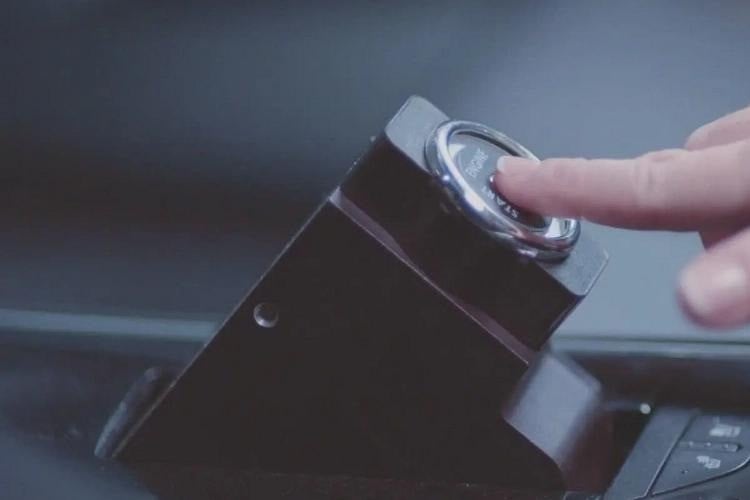
Unique new technology to prevent drunk driving from Mercedes-Benz
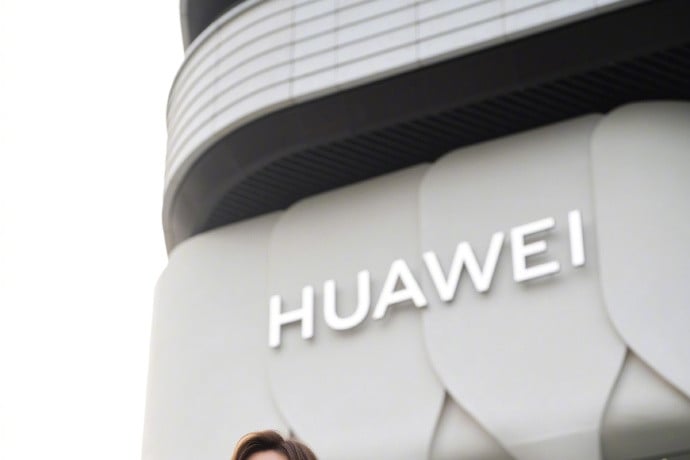
See Huawei's 'technology house' as beautiful as a 5-star hotel
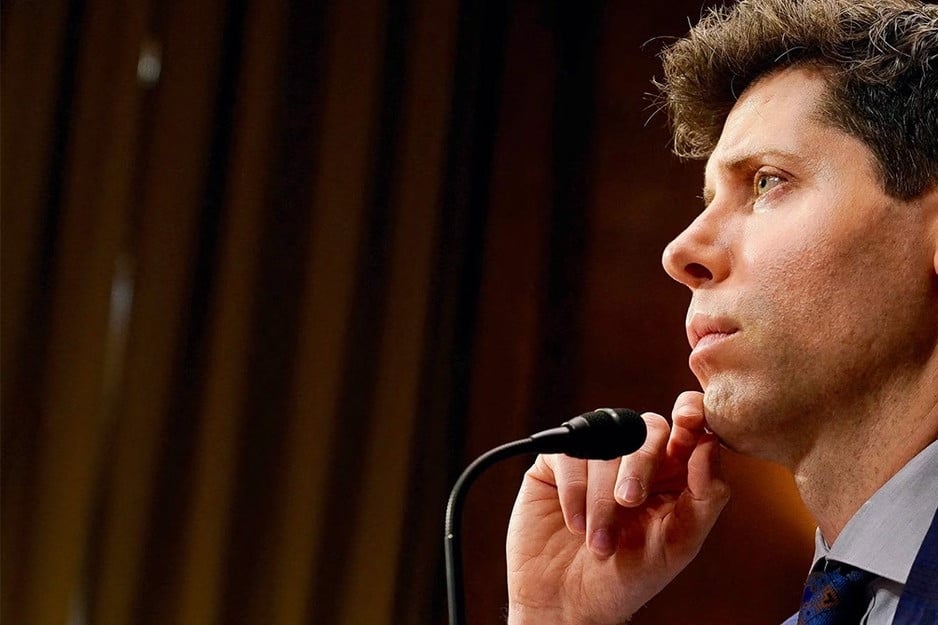
OpenAI posts 5,700% revenue growth, on track to rival SpaceX

Australia's largest car dealership suffers massive cyber attack
Source



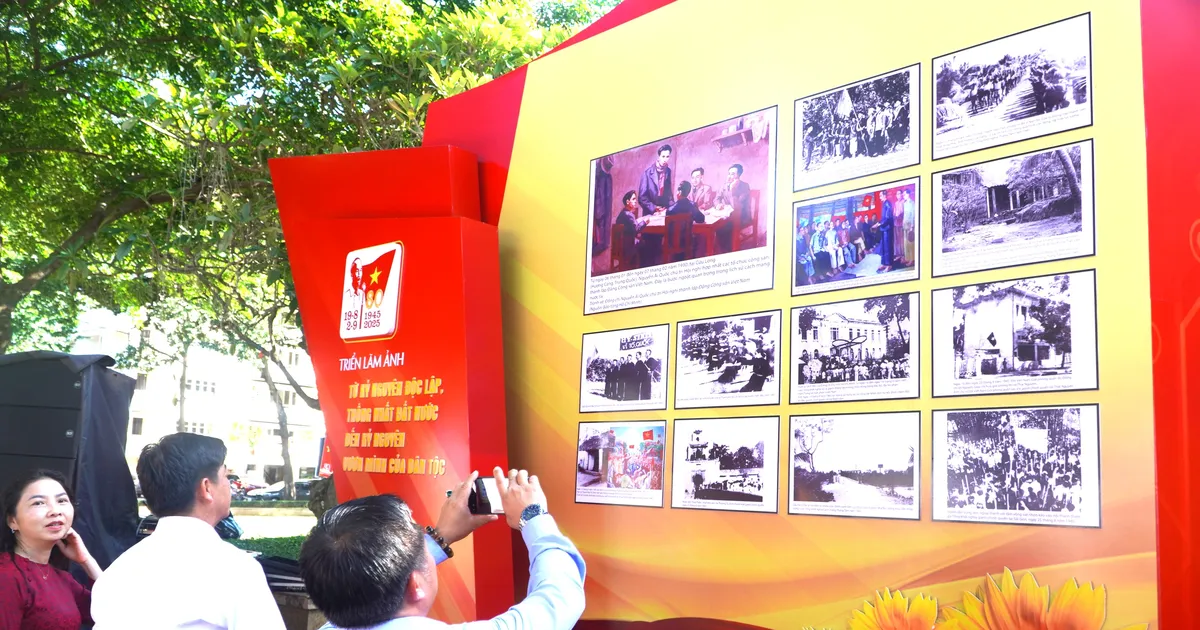
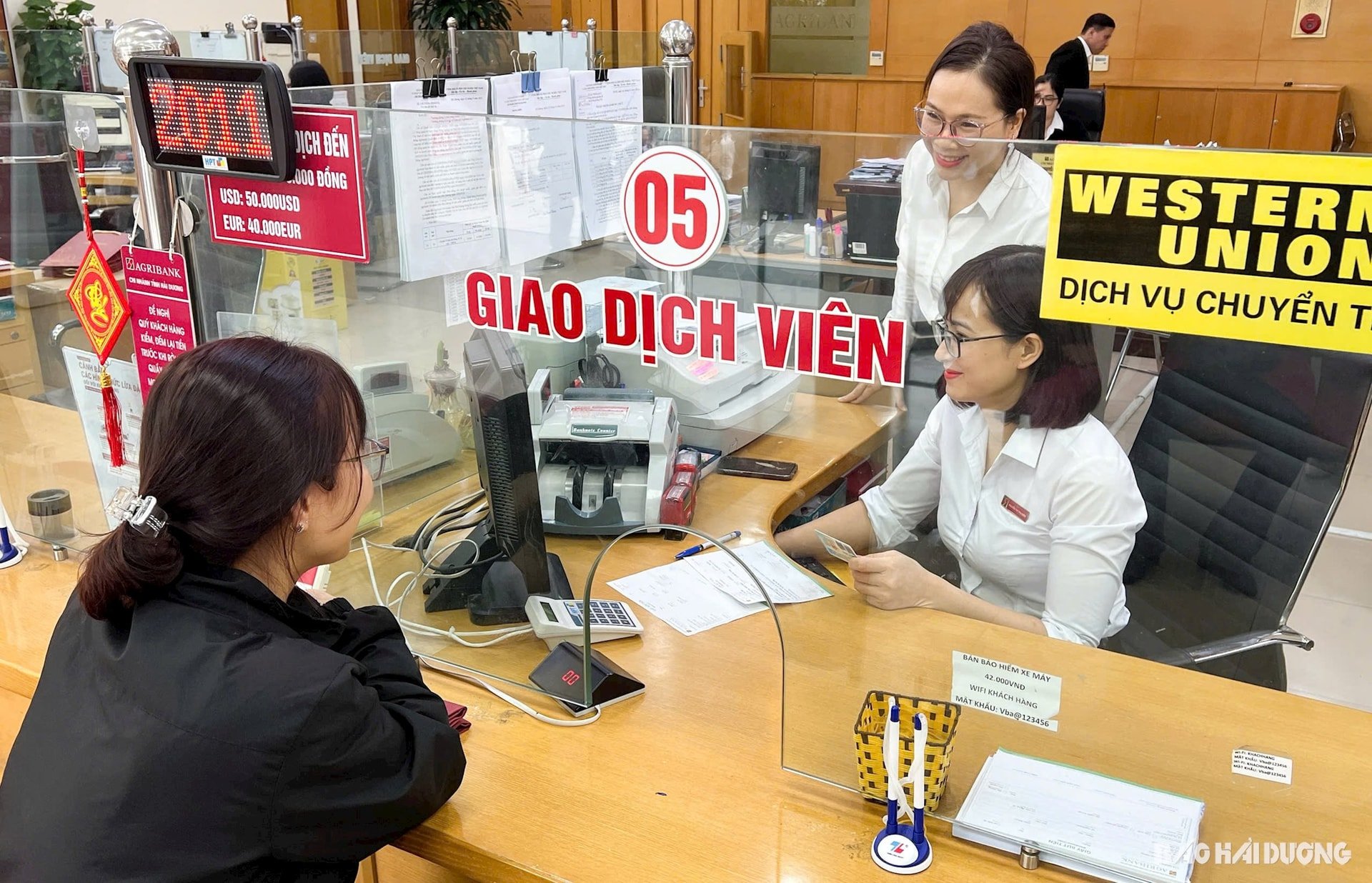


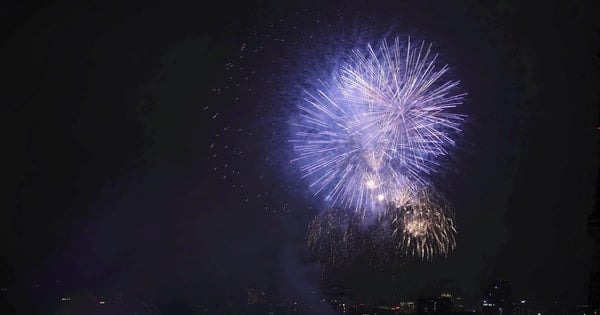
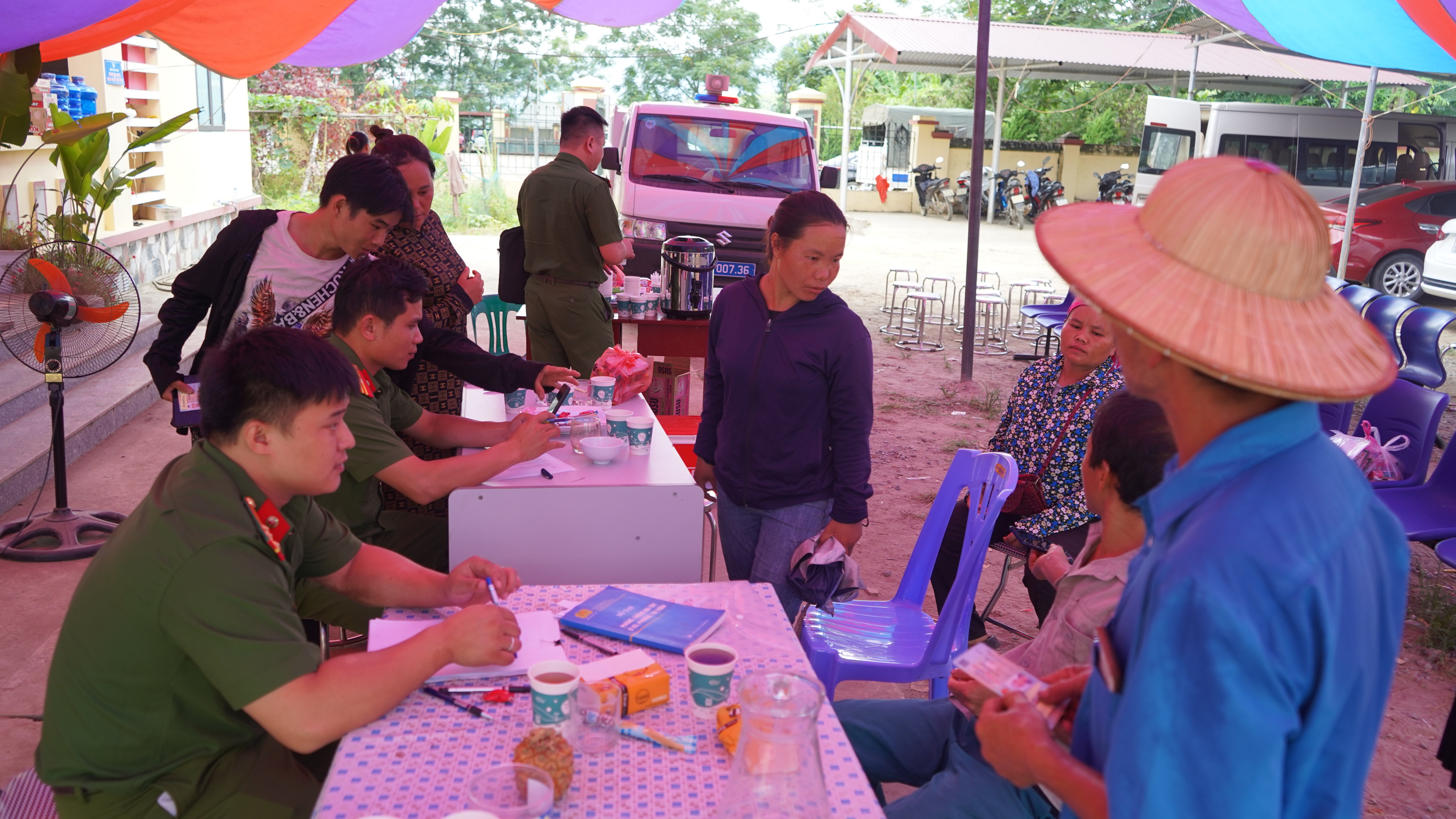
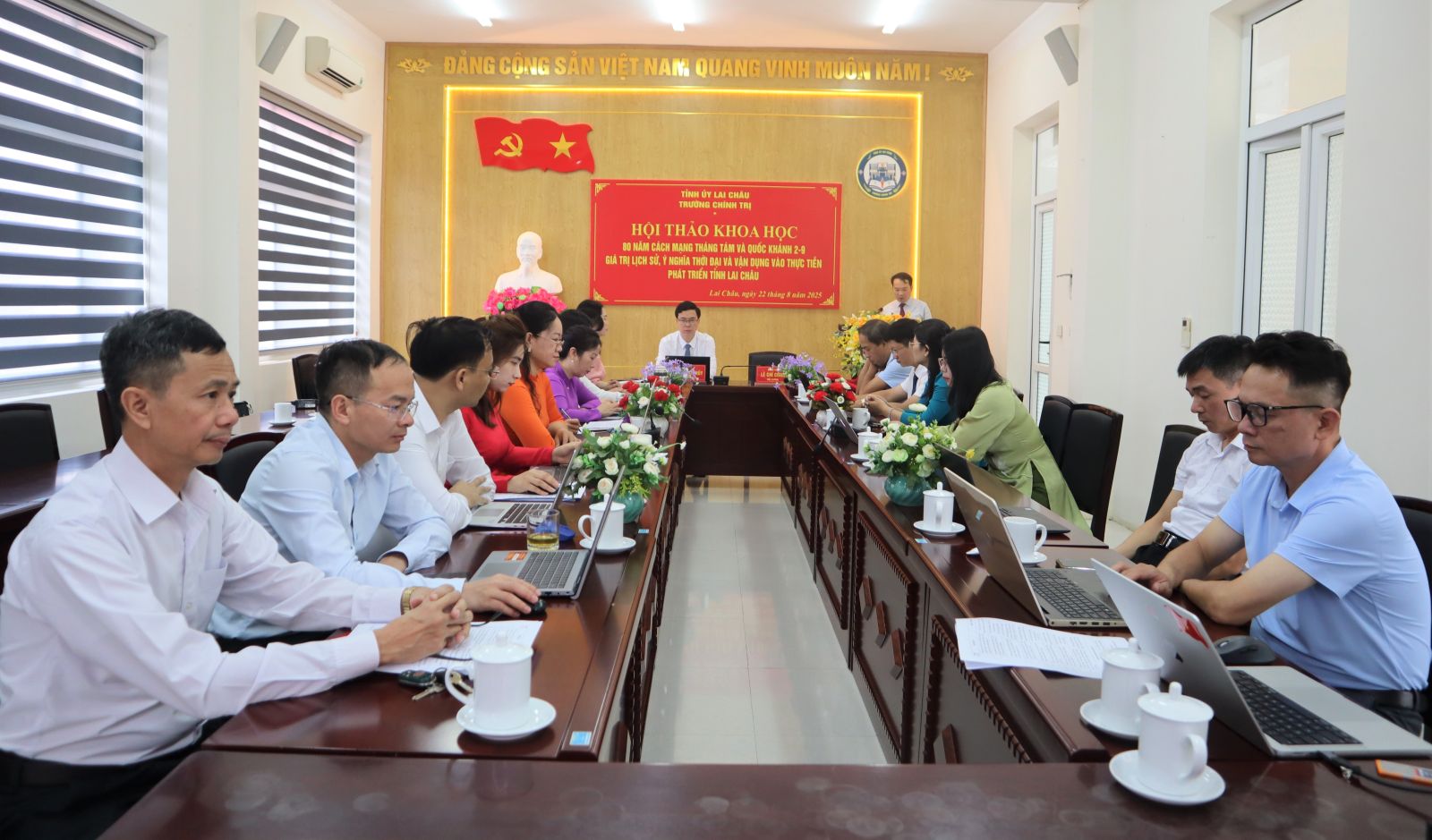


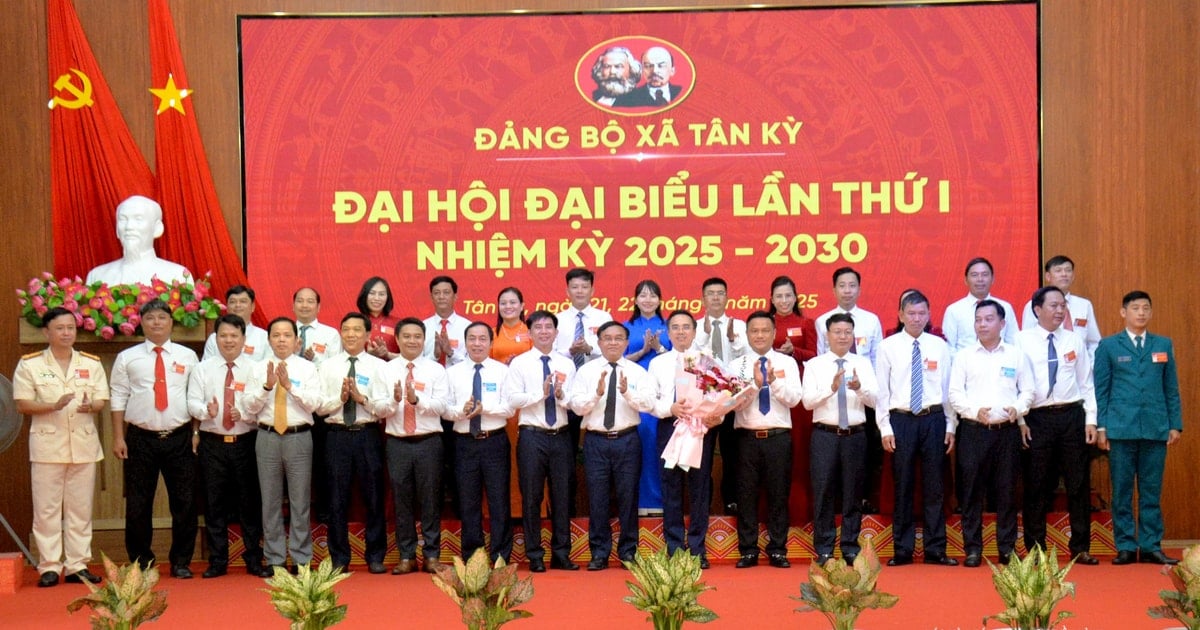












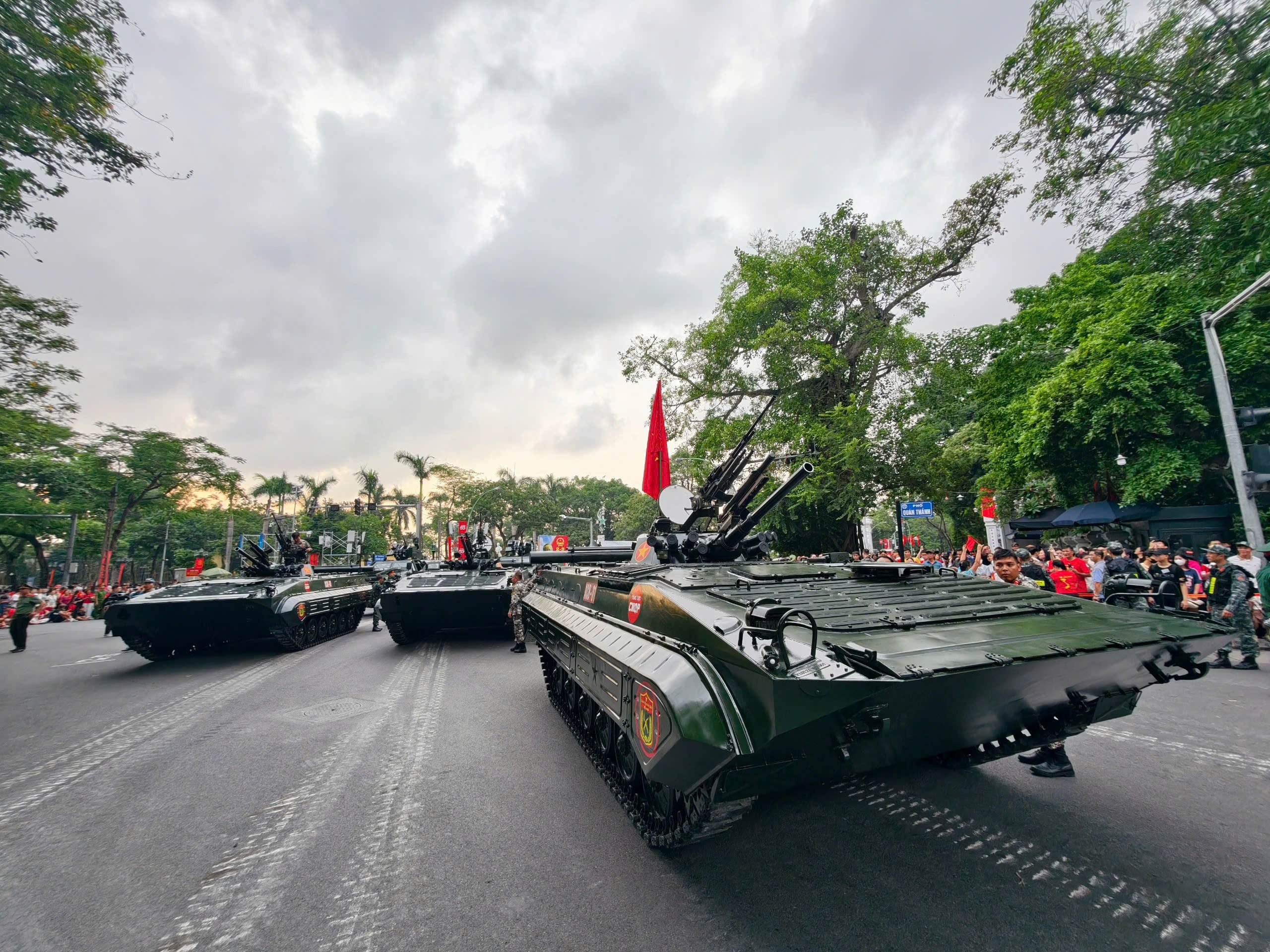



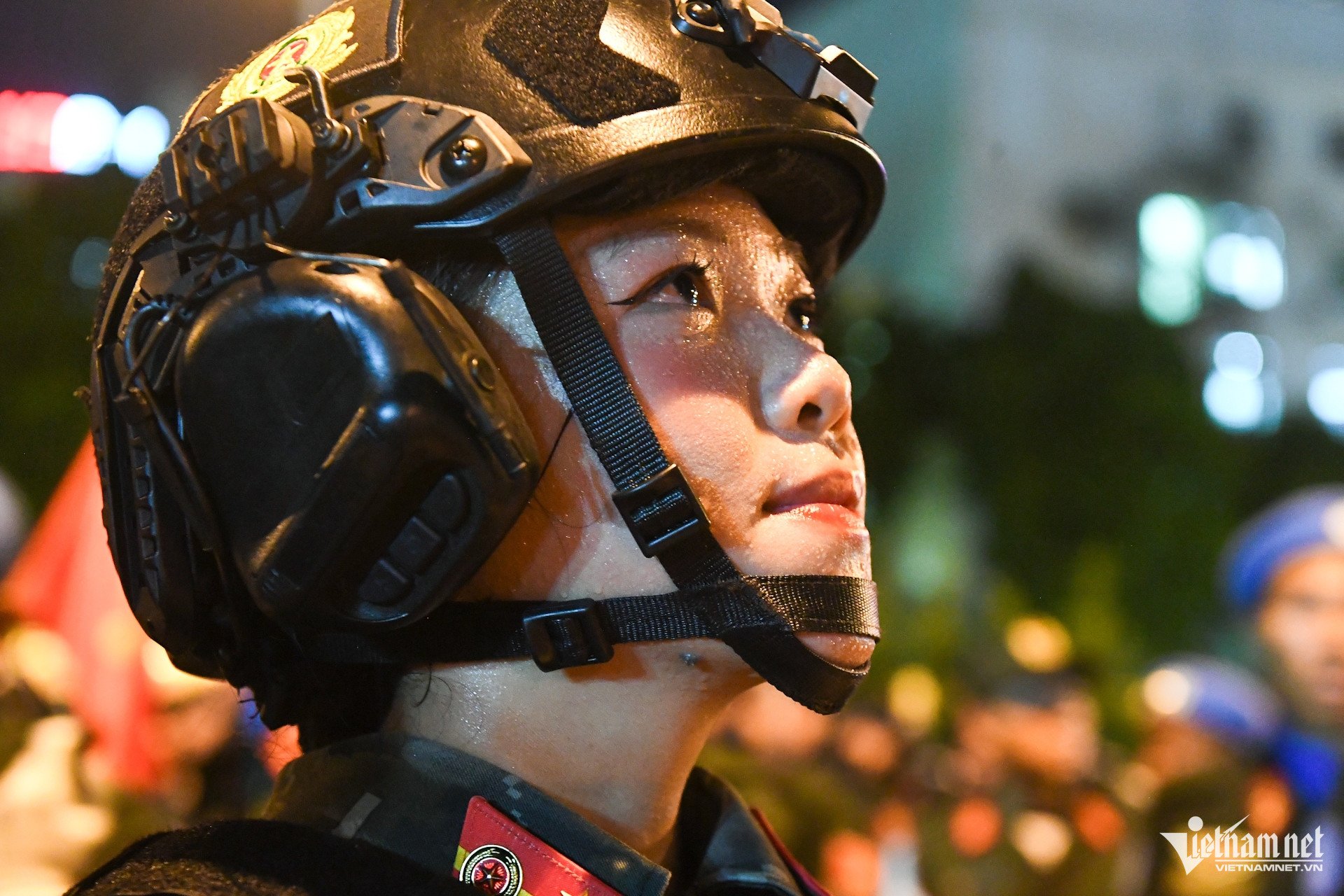

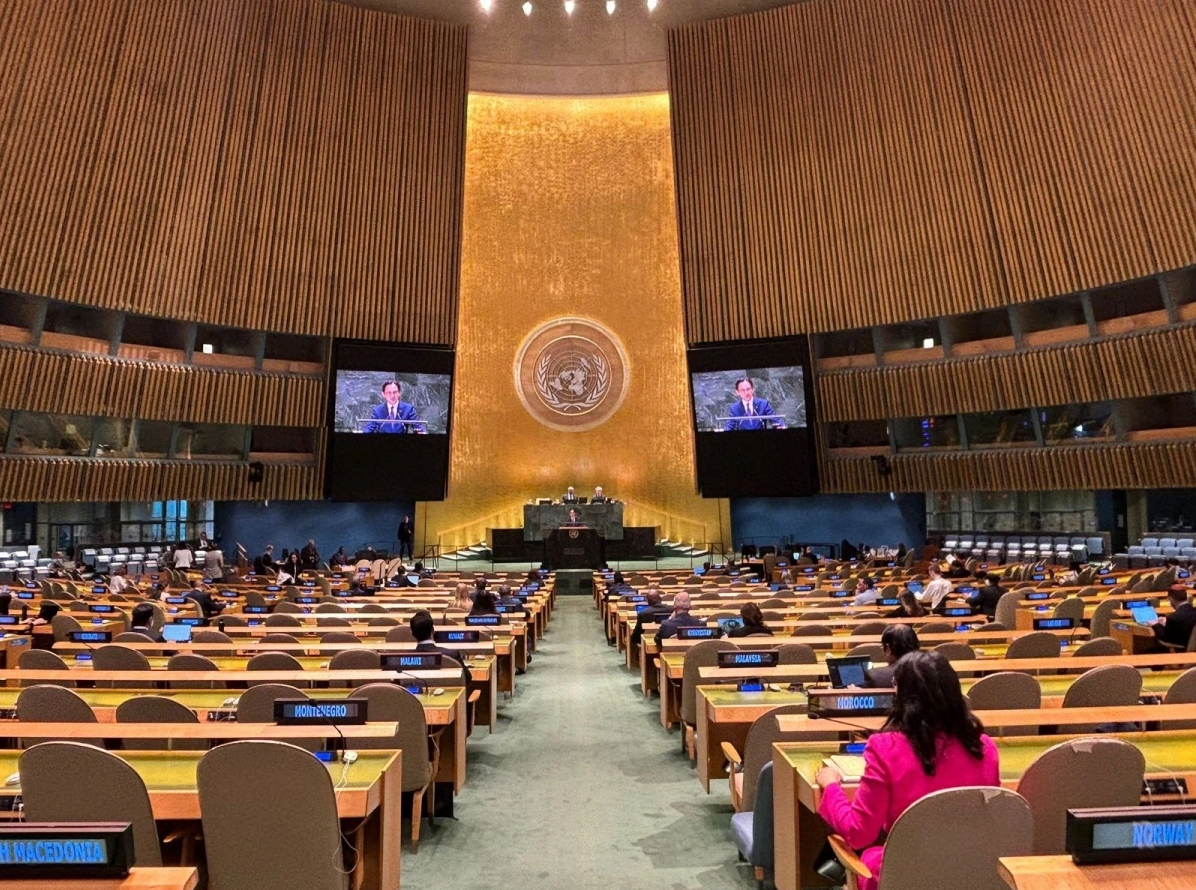
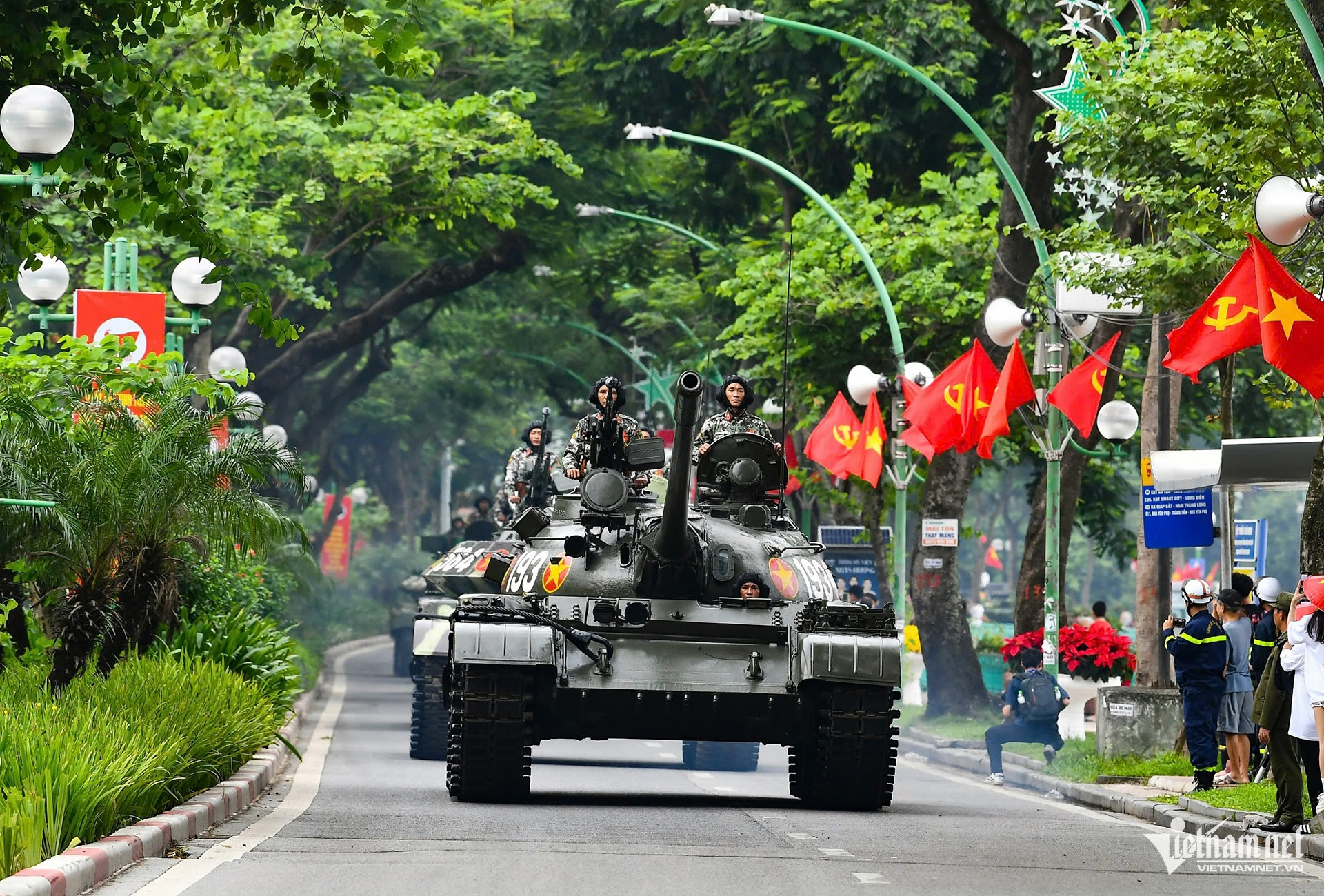














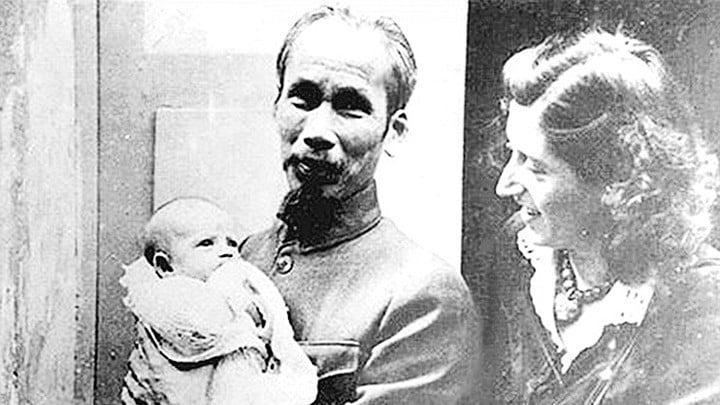














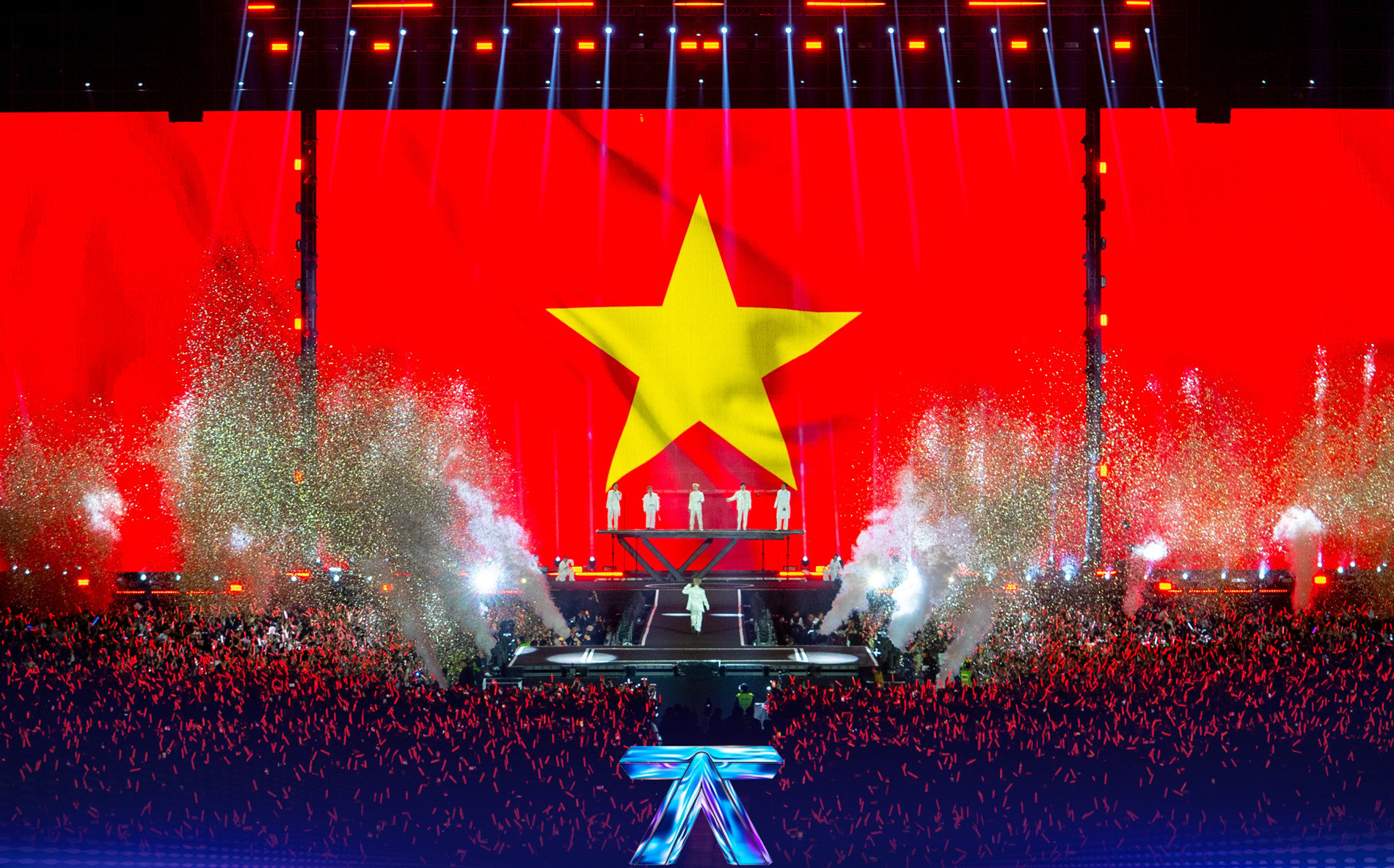
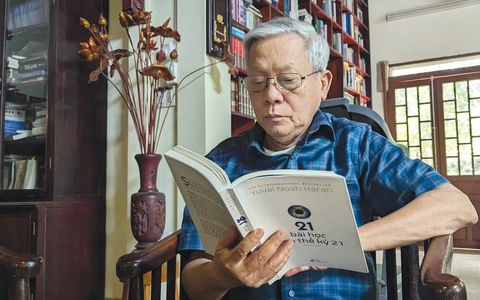
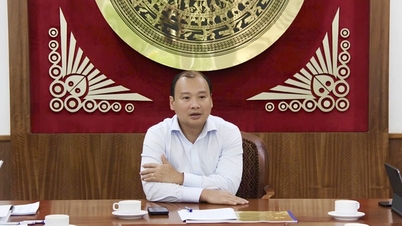


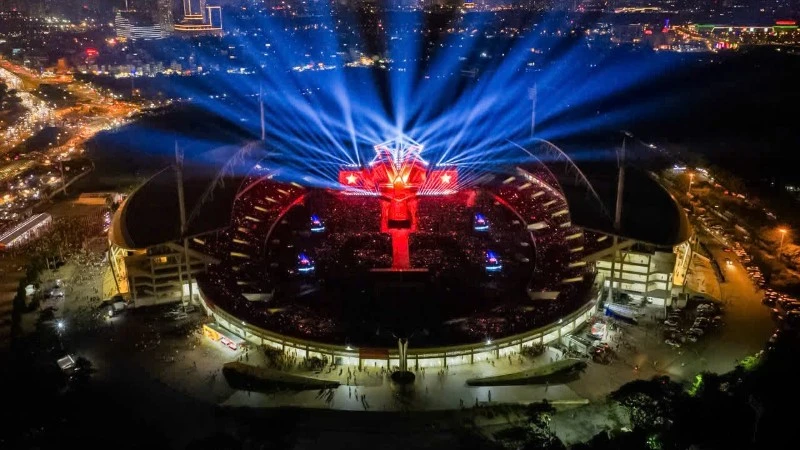
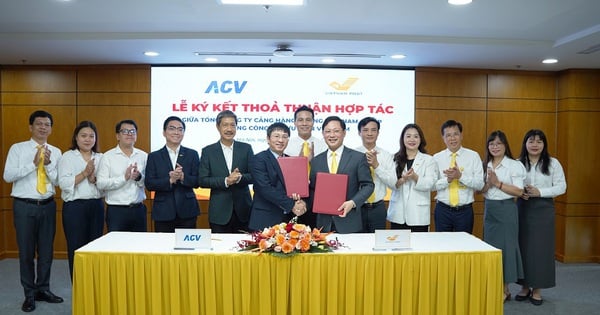




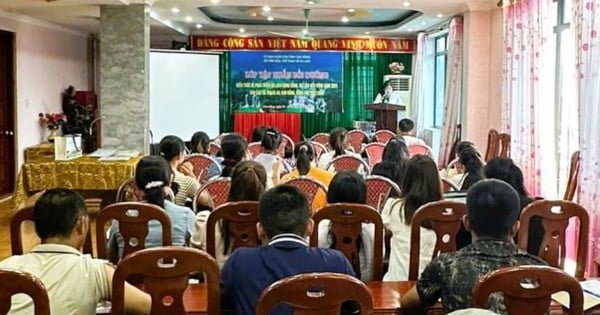















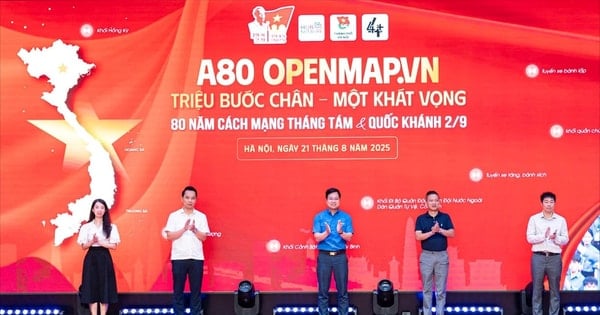

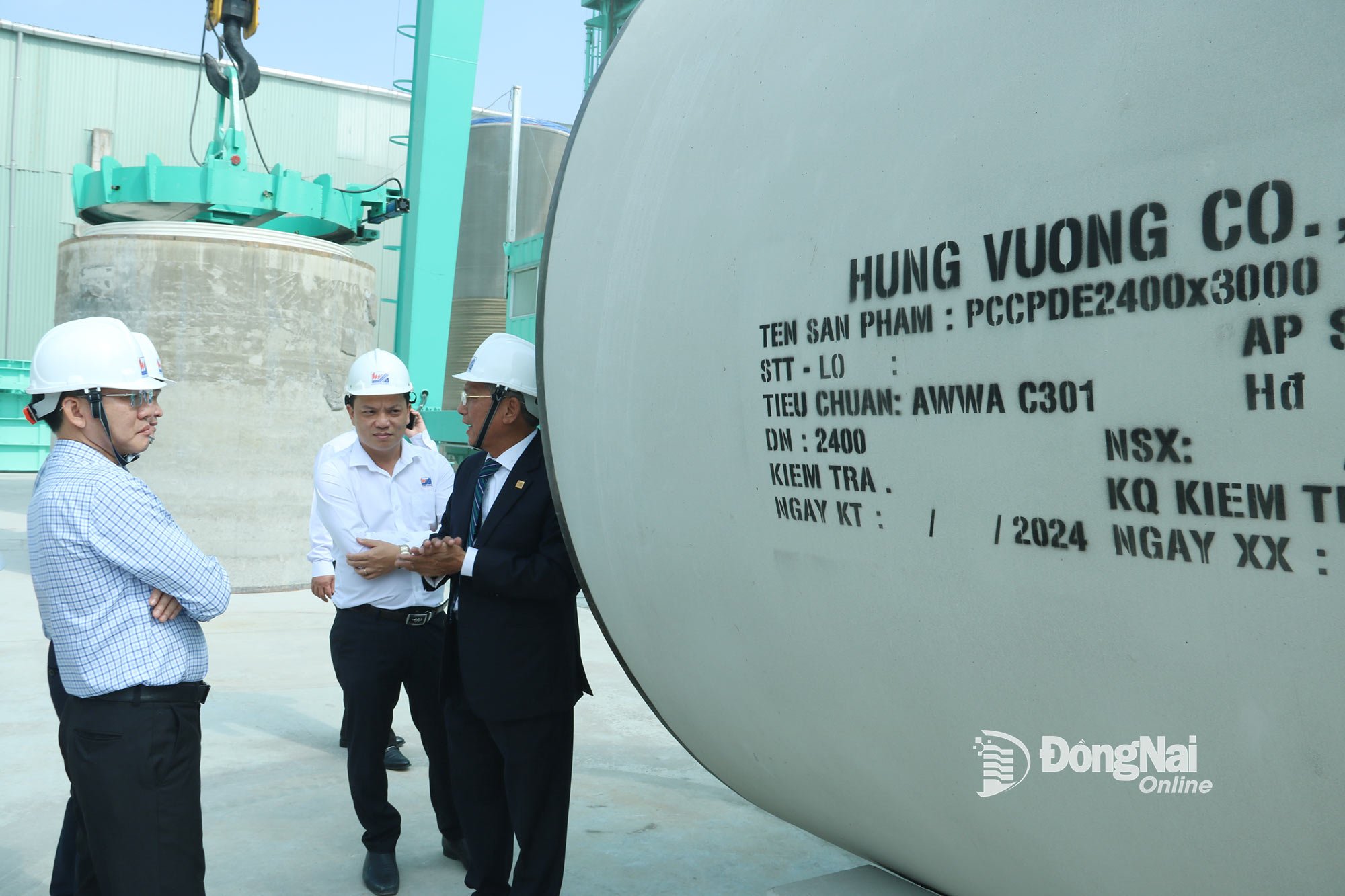






Comment (0)